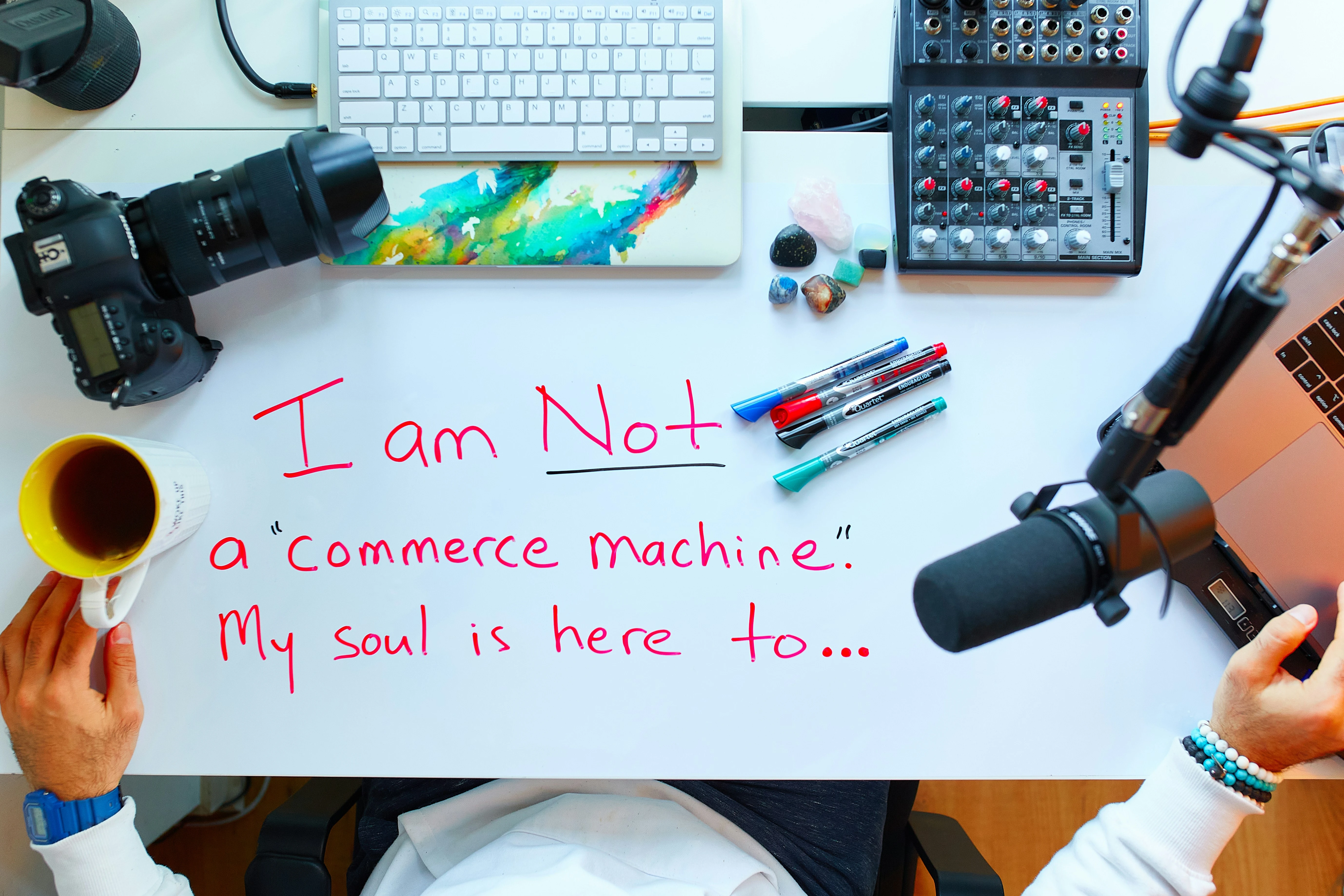In this article, you'll learn:
- Why your CRM tracks sales but isn't a complete sales process for complex B2B deals.
- How relying only on a CRM for process can lead to improvised selling and lost momentum.
- What a Digital Sales Room (DSR) is: a collaborative, customer-facing space to drive deals forward.
- How DSRs accelerate approvals, boost engagement, and reduce manual sales work.
- The power of combining your CRM (for data) with a DSR (for execution) to ensure your CRM isn't just an expensive database.
The CRM Promise and the Lingering Problem
CRMs are foundational to modern sales orgs, but too many teams confuse having a CRM with having a sales process. The result? A well-organized dashboard that doesn’t actually move the needle on complex, multi-stakeholder deals. While your CRM is an indispensable tool for tracking and organizing sales activities , it doesn’t inherently define or execute the intricate dance of winning a complex B2B SaaS deal. It tells you where a deal is, but not always how to effectively move it forward.

The Reality of Complex B2B SaaS Sales: More Than Just Stages
If you're in B2B SaaS, selling to organizations with 50-500 employees, you know "complex" is an understatement. Your sales reps navigate a gauntlet of approvals: IT scrutinizes security, data privacy teams check compliance, finance pores over ROI, and legal reviews every clause. The 2024 "Role and Influence of the Technology Decision-Maker" study by Foundry found an average of 28 different people influencing tech purchases, up from 20 in 2022. These aren't quick decisions either; G2's 2024 Buyer Behavior Report noted nearly half (49%) of buyers took four months or longer for software deals over $20,000.
Your CRM might show a deal as "Engaging with Legal," but it doesn't actively help your rep navigate that critical conversation. When reps lack structured support for navigating these approvals, they're left improvising through a maze of internal processes — and that’s where momentum dies. The real "process" isn't just a series of CRM stages; it's the sum of countless interactions and value demonstrations tailored to a diverse buying committee.
When Your CRM is Just a Scoreboard, Not the Playbook
Imagine your CRM as a sophisticated scoreboard. It brilliantly displays the score and time remaining but doesn't coach the players or call the plays.
Similarly, your CRM excels at:
- Listing sales stages
- Logging calls and emails.
- Forecasting potential revenue.
But it falls short in:
- Guiding Execution Within Stages: It lacks the dynamic environment for collaborative stakeholder alignment.
- Providing Customer-Side Visibility: It offers limited insight into the buyer's internal approval labyrinth.
- Centralizing Buyer-Facing Content & Collaboration: It's not built to be an intuitive, customer-facing hub for all demos, proposals, and Q&A. Streamline communication by giving each stakeholder precisely what they need.
This isn't a knock on CRMs – they are vital. But for complex B2B SaaS sales, relying on the CRM alone is like asking the scoreboard to win the game.

Bridging the Gap: Introducing the dealday Digital Sales Room (DSR)
If your CRM is your internal command center for sales data , a dealday Digital Sales Room (DSR) is the dynamic, collaborative, and customer-facing workspace where the deal gains momentum.
A dealday DSR is a secure, shared digital environment for your sales team and your prospect's entire buying committee. It’s designed for deep engagement after initial interest is established. Think of it as your dedicated deal portal, offering:
- Buyer-Branding: Establishes immediate trust with your client's look and feel.
- Stakeholder-Specific Views: Crucially, the DSR presents tailored content for IT, Legal, Finance, etc., ensuring relevance and reducing their cognitive load.
- Automated Timelines: Transparently tracks all activities, document shares, approvals, and meetings for everyone involved.
- Centralized Knowledge Base: Organizes all essential documents (security papers, case studies, proposals) for easy access and download.
- Transparent Dialogue: Facilitates clear communication, ensuring critical information isn't lost in fragmented email chains.
How dealday DSRs Empower Your Actual Sales Process
Adding a dealday DSR to your toolkit doesn’t replace your CRM; it supercharges your execution. With dealday DSRs, you will:
- Accelerate Deals: Streamline communication by giving each stakeholder precisely what they need.
- Increase Transparency: Offer clear progress tracking for both your team and the buying committee.
- Improve Stakeholder Engagement: Centralize discussions and make it easier for all parties to participate.
- Reduce Manual Work: Leverage dealday’s AI-powered automation for tasks like generating relevant stakeholder views.
- Benefit from "Convention over Configuration": Get effective, visually appealing rooms set up quickly without complex CMS-style configurations.
Conclusion: CRM + dealday DSR = A True Sales Process Powerhouse

Your CRM is indispensable. It’s your system of record. But to conquer modern B2B SaaS sales, it needs a powerful partner. A dealday DSR doesn't just track the deal; it actively facilitates it, driving engagement, aligning stakeholders, and building the consensus needed to get to "yes." It transforms your sales approach into a structured, transparent, and collaborative journey.
